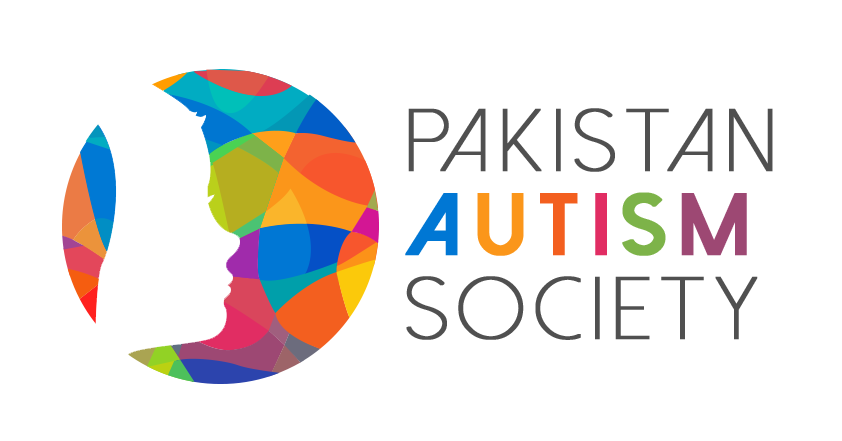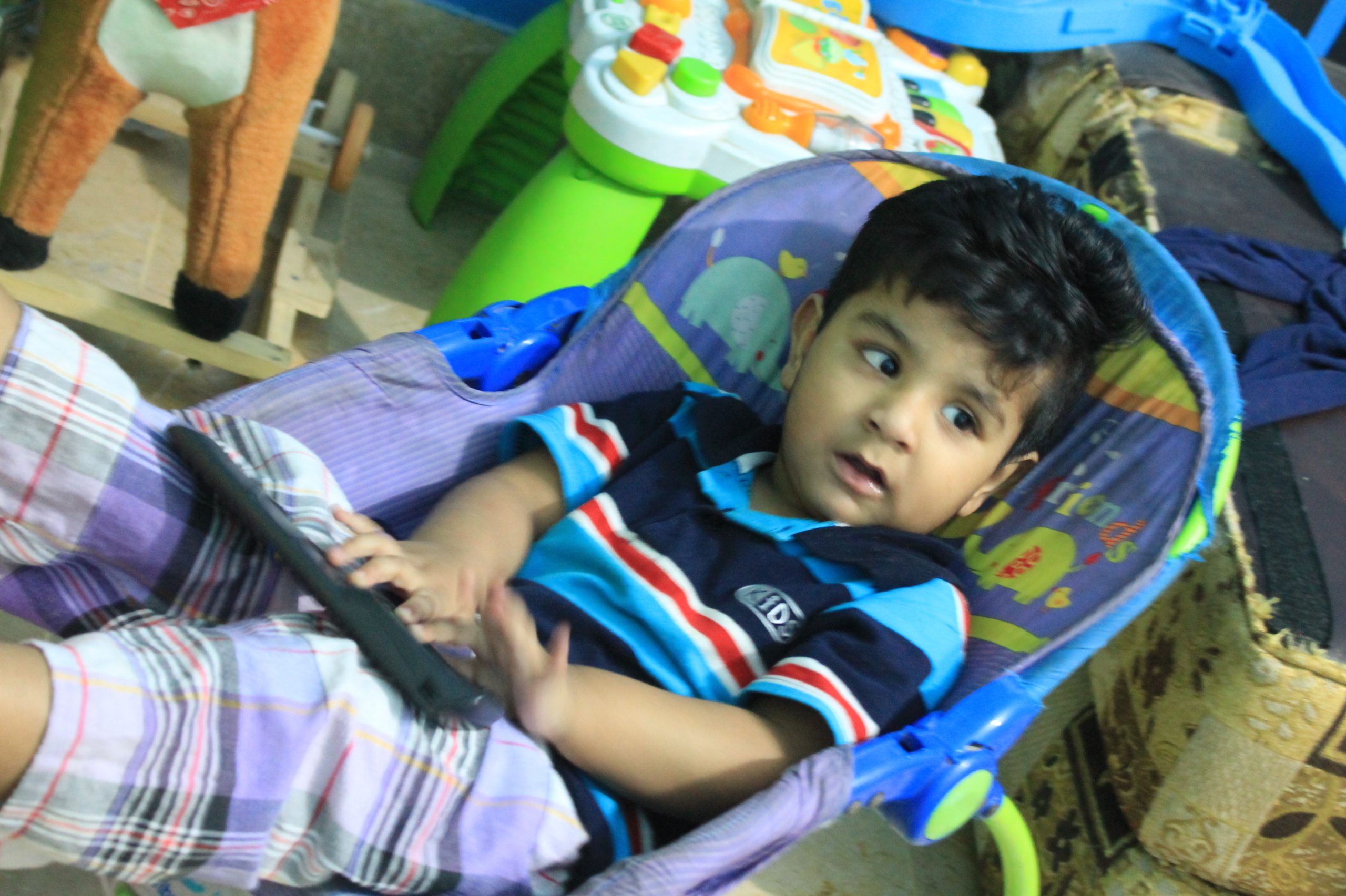Introduction
Autism Spectrum Disorder (ASD) is a neurodevelopmental condition that affects individuals’ social interaction, communication skills, and behavior. In Pakistan, autism remains a topic of growing concern, with a lack of awareness, limited resources, and social stigma posing significant challenges for affected individuals and their families.
Challenges Faced by Individuals with Autism in Pakistan
- Limited Awareness: Despite efforts in recent years, there is still a lack of awareness about autism in Pakistan. Many individuals with autism go undiagnosed or are misdiagnosed due to a lack of understanding among healthcare professionals and the general public.
- Inadequate Services: The availability of specialized services, such as diagnostic centers, therapy centers, and inclusive education programs, is limited in Pakistan. This lack of infrastructure hampers early intervention and appropriate support for individuals with autism.
- Social Stigma: Autism is often misunderstood in Pakistani society, leading to social stigmatization and discrimination against individuals with autism and their families. This stigma can prevent access to education, healthcare, and employment opportunities, further exacerbating the challenges faced by affected individuals.
- Financial Constraints: Many families in Pakistan struggle with limited financial resources, making it difficult to afford the necessary therapies and interventions for their children with autism. The high costs associated with autism-related services pose a significant barrier for families seeking support.
Initiatives and Progress
Despite the challenges, there have been notable initiatives and progress in addressing autism in Pakistan:
- Awareness Campaigns: Various organizations and advocacy groups are actively working to raise awareness about autism in Pakistan. These campaigns aim to educate the public, healthcare professionals, and policymakers about the condition, its early signs, and the importance of early intervention.
- Specialized Centers: Several centers in major cities, such as Karachi, Lahore, and Islamabad, provide diagnostic services, therapeutic interventions, and educational support for individuals with autism. These centers offer a range of therapies, including speech and occupational therapy, to help individuals with autism reach their full potential.
- Inclusive Education: Efforts are being made to promote inclusive education for children with autism. Special education schools and mainstream schools with inclusive programs are emerging to provide an environment that accommodates the unique needs of students with autism.
- Parent Support Groups: Support groups have emerged to assist families in navigating the challenges associated with autism. These groups provide a platform for sharing experiences, exchanging information, and offering emotional support to parents and caregivers.
Conclusion
While autism in Pakistan still faces significant challenges, there is a growing recognition of the importance of awareness, early intervention, and support for affected individuals. Through continued efforts from various stakeholders, including government agencies, healthcare professionals, and advocacy groups, there is hope for improved understanding, acceptance, and opportunities for individuals with autism in Pakistan.













